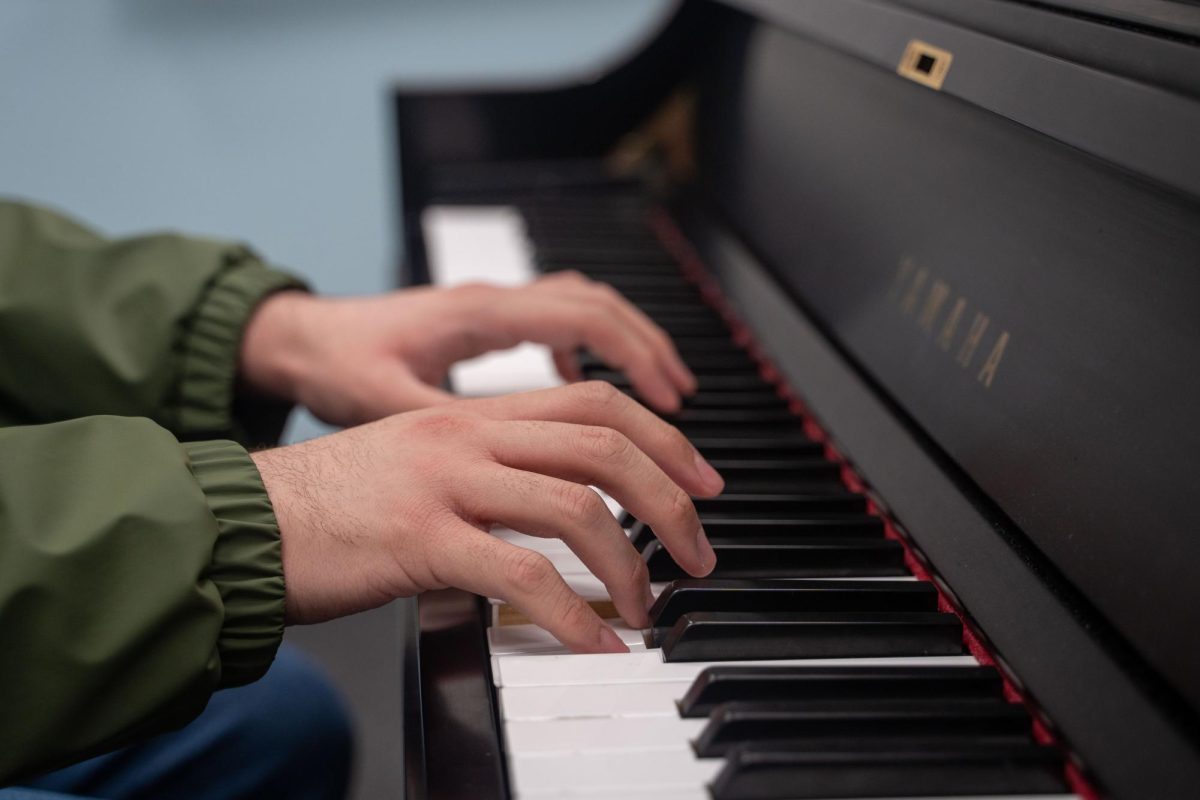Students in the Tisch School of the Arts’ musical theater program are no longer taking voice lessons in 6-by-8-foot rooms with poor ventilation, after professors filed a grievance over learning conditions in the spaces two years ago.
The students, who study in Tisch’s New Studio on Broadway program, were moved to new practice spaces earlier this academic year and NYU will relocate them into permanent rooms currently under construction, according to NYU spokesperson Carol Ourivio.
Nine vocal instruction rooms at 19 W. 4th St. are now being used as practice spaces until the university finishes the construction of 10 new rooms, which will become the program’s permanent practice spaces at 196 Mercer St., according to Ourivio.
“These 10 rooms will each accommodate three people and are being designed by the same acoustician and architect responsible for the state-of-the-art music rooms at the Paulson Center,” Ourivio wrote to WSN.
In the initial grievance, the adjuncts claimed that the rooms in the previous NSB building were too small for students to perform in and might pose health risks. In September 2022, NYU rejected the grievance, instead suggesting that the faculty move their classes online — an offer the professors declined. Last May, the adjuncts continued to demand alternative practice rooms in a petition to Tisch dean Allyson Green.
Michelle Rosen, a Tisch adjunct involved in the petitioning efforts, received an email in August from a union representative after a meeting with the Office of Labor Relations. The email said that 19 W. 4th St. would serve as a temporary practice space, with permanent rooms being planned “close to 181 Mercer.” The next day, Rosen received an email from J. Oconer Navarro, an associate arts professor who is head of singing voice at NSB, indicating that permanent rooms were also being planned “elsewhere on campus.”
“The news spaces feel amazing — they’re luxurious,” Rosen said in an interview with WSN. “They feel safe as well. This is because the old studios were so small that we had three people in the room — the student, the teacher and the accompanist — all breathing on each other in a 6-by-8-foot room that was really like a closet.”
Rosen added that the old rooms, covered in carpet from floor to wall, were never cleaned, resulting in the accumulation of dust that students would inhale regularly. She also said that the rooms were so heavily soundproofed that students often couldn’t hear their own voice.
After the adjunct’s grievance was denied in September, they sought support from the United Auto Workers, which NYU’s adjunct and contract faculty labor unions are both part of, to enlist Microecologies — an environmental health company — to evaluate the safety of the rooms. The company determined that the practice rooms were unsafe for singing due to their small size, facilitating the spread of airborne disease. Around three months before this test, NYU installed air purifiers in the rooms, but faculty remained concerned about dust in the spaces.
“Singing is about breathing and if you can’t breathe, you can’t sing,” adjunct professor Melanie Vaughan told WSN. “Students were constantly getting sinus infections, allergic reactions and I have had several students have asthma attacks in the old rooms — it’s very important that the air is clean and stays clean.”
While Vaughan has not received communication about the permanent spaces since the August email, she is hoping for improved airflow in any new permanent spaces. She noted that the current building is right on the street, leading to the odors like fuel oil wafting through during lessons.
“Now, I would just like to know a little more to make sure that the university isn’t going to throw its money down the sewer and they actually spend the money to get value for what they are spending,” Vaughan said. “What’s the point of spending money on these rooms and just putting carpet on the wall again.”
Contact Adrianna Nehme at [email protected].























































































































































